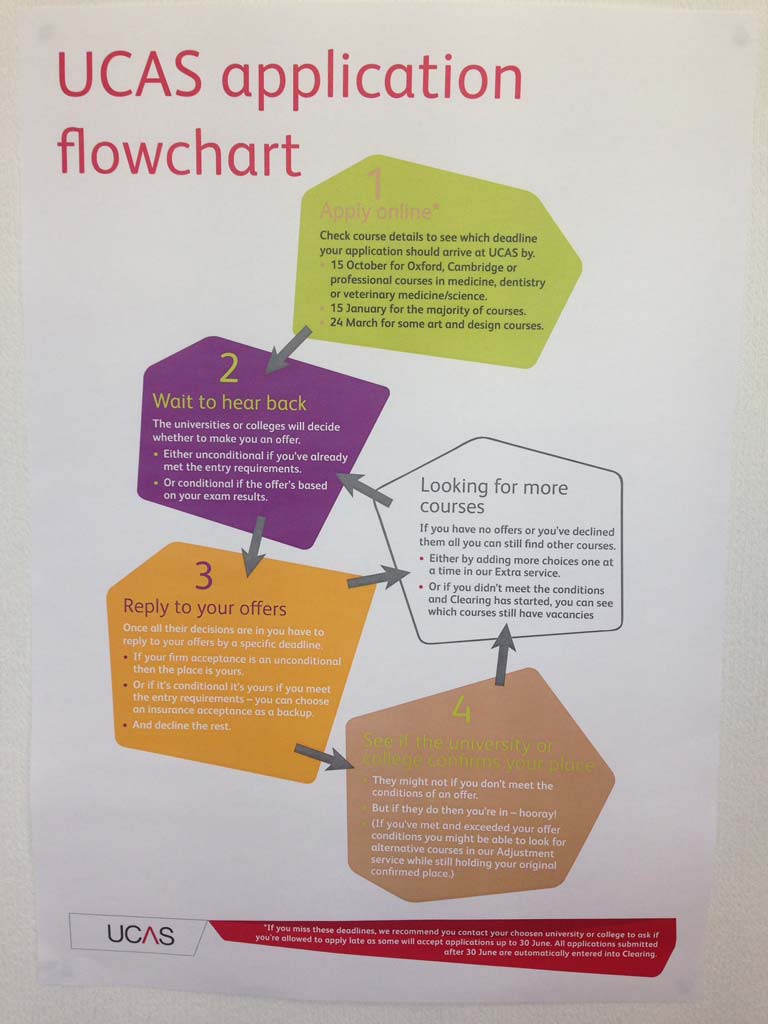Have you ever pictured yourself attending university in England or Scotland? You may be surprised to learn that it’s a more attainable goal than you think.
The United Kingdom includes England, Scotland, Wales and Northern Ireland. This is especially true now, since Scotland recently voted to remain within the jurisdiction of the UK! All the universities in the UK use the UCAS (Universities and Colleges Admissions Service).
Are there different categories of UK Universities?
Funny you should ask! Universities in the United Kingdom (including England, Scotland, Wales and Ireland) are typically grouped in six categories, based on their date of origin. In the UK, age matters! The most well-known and distinguished UK universities are considered “Ancient Universities,” founded before 1800. These include the University of Oxford and the University of Cambridge (collectively known as “Oxbridge”) and the University of St. Andrews.
Another category consists of Colleges Founded in the 19th Century, including those within the University of London and the former University of Wales. Most of the universities in London are part of the public University of London system, founded in 1836 by Royal Charter. London University consists of 18 constituent colleges, which operate fairly independently. Several award their own degrees, including King’s College London, London Business School, University College London and LSE. Imperial College London left the University system in 2007.
The remaining categories include colleges founded in the 20th century, such as the “Red Brick Universities,” large public universities founded in the early decades of the 20th century; and “Plate Glass Universities,” chartered after 1966.
Step 1: Become More Familiar with UK Universities
A unique and highly beneficial feature of the application process in the UK is that universities hold several Open Visit Days each year. For example, Oxford has Open Visit Days in early July and mid-September. For American students, you may not be considering college visits in the summer, so take note that the best time to go is during July when you are not in academic session. While typically you do not need to register for open days, advance booking may be required for some events.
Students, parents, and counselors can register in advance for a full day of scheduled presentations on admissions, financial aid, student life, and housing, as well as attend talks by professors in different “faculties,” or academic areas. It is advisable to visit at least one college, as well as a faculty talk in your academic area of choice. Staff are available to answer questions throughout the day.
Step 2: Choose an Academic Faculty
Attending college in the UK is fundamentally different than in the United States in terms of the high degree of academic directedness. There is no such thing as “undecided!” Students apply to specific “faculties,” or academic departments. English universities have a three-year, highly focused academic program in which students apply for a specific subject or interdisciplinary grouping of subjects; and, if accepted, pursue this course of study throughout the three years. Scottish universities have four-year degrees and a hybrid system in which students study three to five subjects during the first two years, confirm their preferred concentration(s) and study only those one or two subjects throughout their final two years.
Step 3: Learn More About the Application Process
Students apply to all UK universities through a common application called UCAS. Students may only apply to five applications to all UK universities, including only one to Oxbridge (Oxford or Cambridge).
The UCAS application opens September 1. The application deadlines are as follows:
- October 15: Oxbridge, and the faculties of medicine, dentistry and veterinary science
- January 15: Most other UK institutions
- March 24: Art and Design programs.
Admissions decisions are provided by March 31. Your acceptance is often contingent on achieving certain academic outcomes at the end of senior year, such as attaining certain IB and AP scores. For students taking AP courses, final decisions are not rendered until after mid-July, when AP scores are received.
Step 4: Write Your Personal Statement
The personal statement for UK universities plays a vital role in the process. Since students are considered for particular faculties, the purpose of the personal statement is to establish that you are a good fit for your designated academic area. The essay should demonstrate why you are drawn to a particular academic area, and what you will contribute to academic life at the university.
Unlike personal statements for US universities, the focus should be exclusively academic, not personal. As such, the essay is more similar to the US graduate school personal statement. The UK personal statement has a maximum of 4000 characters (about the same length as the US 650 word maximum). UK admissions officers suggest that you spend 70-75% of your Personal Statement on academic aspects, such as courses and research. The remainder could discuss outside activities, but only if they are relevant to your intended courses of study. For example, if you wish to pursue Politics, you could discuss the evolution of your interest in politics, relevant coursework such as AP Government, as well as your involvement in Model UN or Debate Club. Regardless, make sure you always tie your experience directly to your academic and career goals.
Topics that could be relevant to include are:
- What are your primary areas of academic interest?
- Why do you have these interests?
- How would study of these areas relate to your future goals?
- What are your relevant skills and perspectives?
- What are your relevant extra experiences, such as outside reading, activities, work and internships?
UK Admissions Officers cannot emphasize enough how important it is to do your research about the universities and the subjects offered, and proofread carefully! Keep in mind that the same Personal Statement will be read by all the UK universities you are applying to (up to five maximum), so only include information that applies to all the colleges. For example, only discuss courses of subjects that are available at all the universities you are applying to.
To learn more about the UK’s many fine universities, check out our blogs on Oxford, St. Andrews and Cambridge. And of course, contact Collegiate Gateway – we’re always happy to help.




